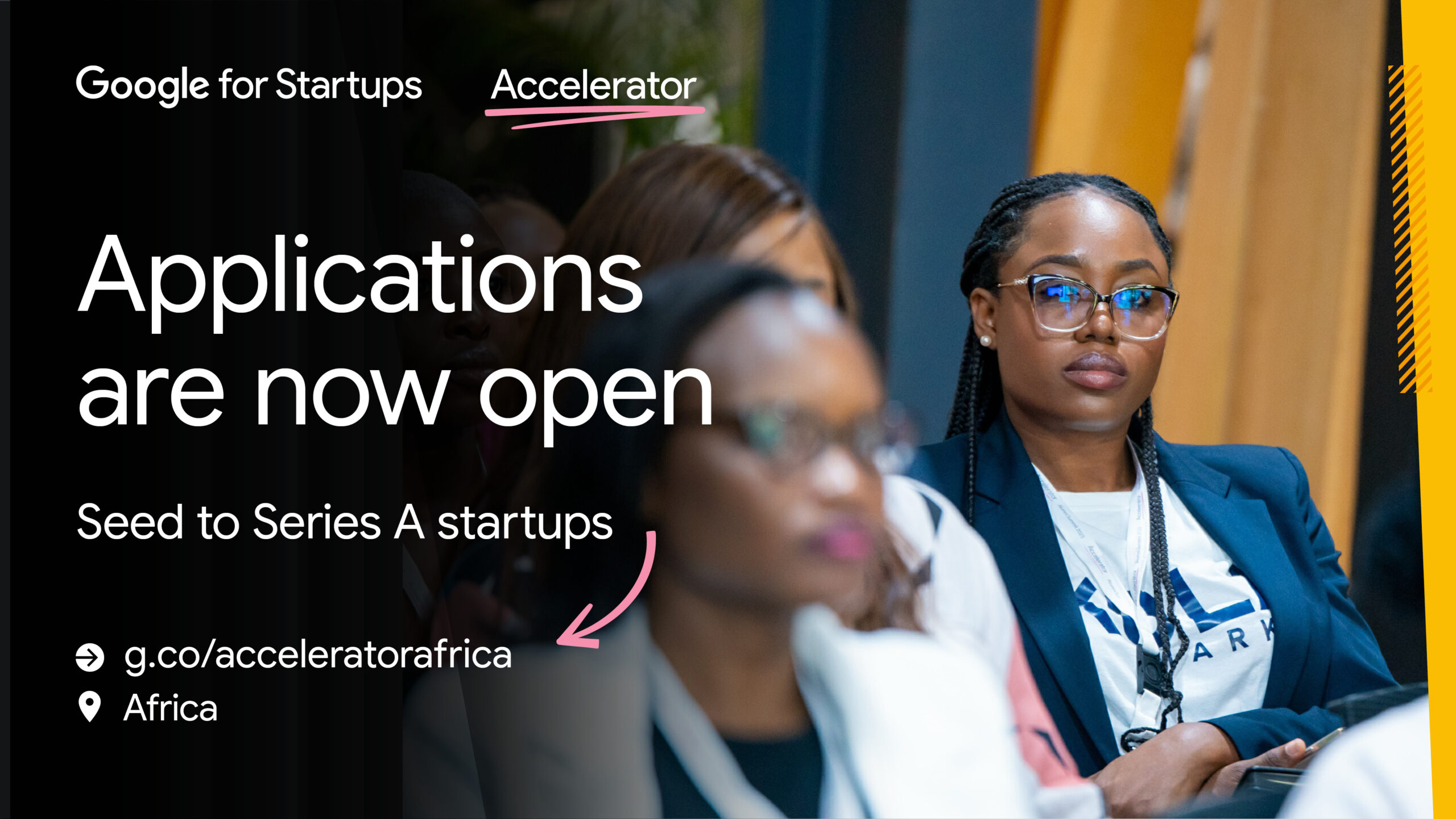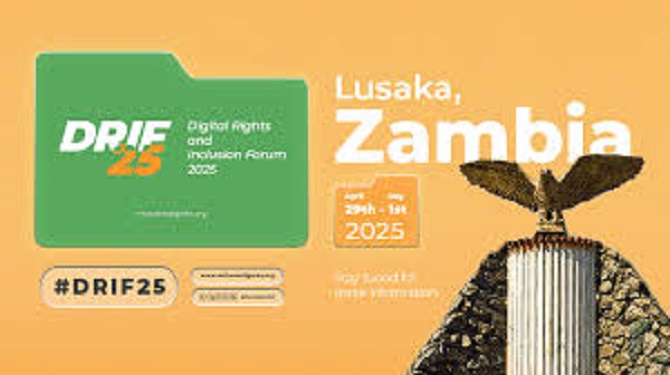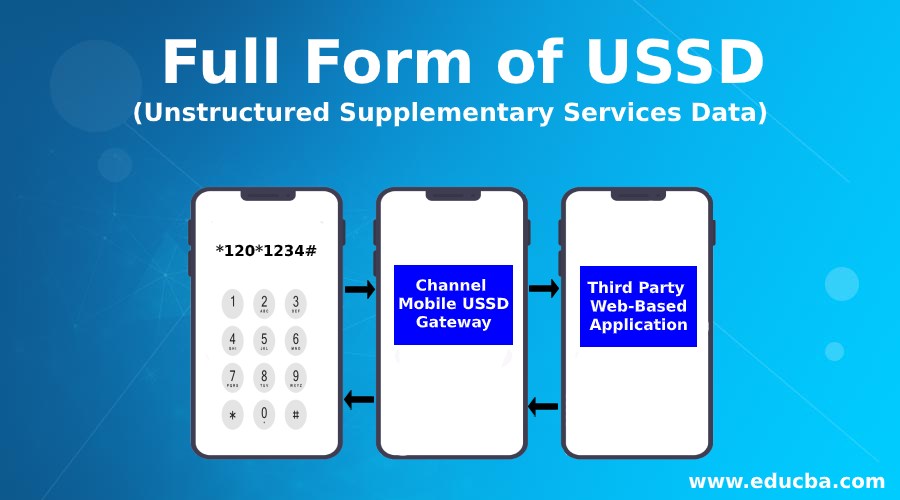Telecom
Reps Decry Neglect of Rural Telephony Facilities

Members of the House of Representatives Committee on Rural Development in Ibadan expressed displeasure with the non-functional state of the rural telephony facilities across the country.
The committee led by its Chairman, Hon. Oladipo Adebutu (PDP- Ikenne/Shagamu/Remo North), had visited the rural telephony facilities in Oniyanrin and Isara-Remo in Oyo and Ogun States respectively.
Adebutu said that it was disheartening to see the rural telephony equipment worth $200million lying fallow in different parts of the country in the last 10 years.
“The Federal Government borrowed the sum of $200 million for the first phase of this programme and expended it on the purchase of equipment. Government has repaid the loan with interest.
“For the second phase, Nigeria has committed $35million and awaiting the counterpart funding from China to consummate this programme. It is sad that the project is still lying fallow in the last 10 years.
“Let me inform you that this project apart from its benefit to rural dwellers across the country can generate one million direct jobs.
“The programme still lies moribund. Now we are here to inspect the sites and the equipment available to ultimately find a way forward,’’ he said.
Also on the entourage were Hon. Temitope Olatoye (APC-Lagelu/Akinyele Federal Constituency), Hon. Maren Solomon Maren (Mangu-Bokkos Federal Constituency) and Hon. Akintayo Amere(Ayedire/Iwo/Olaoluwa Federal Constituency).
Solomon, Amere and Olatoye in separate interviews assured Nigerians that the house would ensure every step was taken to make the project a reality.
They all admitted that the project could provide millions of direct jobs and close to four million indirect jobs.
The National Rural Telephony Project (NRTP) was inaugurated in 2001 under the administration of President Olusegun Obasanjo.
It was, however, suspended by the Federal Government in 2011 due to poor execution.
The first phase of the project was designed to cover 218 of the 774 local government areas of the country and was to provide over 636,256 Code Division Multiple Access (CDMA) lines in all the council areas in the country.
This was with a view to having access to information communication technology (ICT) in order to bridge the digital divide.
The project was subdivided into three phases and was estimated to cost $200 million.
Gov. Abiola Ajimobi of Oyo State had during the committee’s courtesy call on him described the state as very strategic to the rural telephony project.
Ajimobi said 70 percent of the state’s residents were rural dwellers, promising to give necessary support to the actualisation of the project.
Telecom
Google Launches 2025 AI Startups Accelerator Program for African Innovators

Google has opened applications for the 2025 Google for Startups Accelerator Africa program, a three-month initiative designed to support early-stage startups using artificial intelligence to address Africa’s most pressing challenges.

Across the continent, startups are demonstrating how local innovation can solve deeply rooted problems. In West Africa, Crop2Cash – an agritech platform and alumni of the program – is using AI to digitally onboard smallholder farmers, build their financial identities, and provide them with access to credit, traceable payments, and productivity tools.
Through these efforts, Crop2Cash is improving agricultural outcomes and unlocking economic opportunity for farmers who have long been excluded from formal systems—illustrating the kind of impact that’s possible when African startups receive the support they need to scale.
The Accelerator is open to Seed to Series A startups based in Africa that are building AI-first solutions. Startups must have a live product, at least one founder of African descent, and a clear vision for responsible AI innovation. Selected participants will receive:
Dedicated technical mentorship from Google and industry experts
Up to $350,000 in Google Cloud credits
Access to a global network of investors, partners, and collaborators
Workshops focused on technology, product strategy, people leadership, and AI implementation
AI’s potential to accelerate Africa’s development is real, and Google is investing in ensuring that African startups lead that charge. According to McKinsey, AI could add $1.3 trillion to Africa’s economy by 2030, but only if bold innovation is supported at the grassroots.
“Startups are Africa’s problem solvers. With the right resources, they can scale their impact far beyond local communities,” said Folarin Aiyegbusi, Head of Startup Ecosystem, Africa at Google.
“This program reflects our belief that AI can be transformative when shaped by those who understand the context deeply.”
Since 2018, the program has supported 140 startups from 17 African countries. These alumni have raised more than $300 million in funding and created over 3,000 jobs. Many are now regional and global leaders in their categories.
Applications for the 2025 cohort are now open. Startups interested in participating can apply at: https://startup.google.com/programs/accelerator/africa
For further information and updates, visit the Google Africa Blog or follow @GoogleAfrica on social media.
Telecom
DRIF25 Brings Together 1,000 Delegates in Lusaka

The Digital Rights and Inclusion Forum (DRIF25) is all set for its 12th edition, taking place from April 29th to May 1st, 2025, at the Mulungushi International Conference Centre in Lusaka, Zambia.

Over 1,000 delegates from 65 countries are expected to attend this highly anticipated event, with registration officially closed on April 13th, 2025.
The forum will feature esteemed speakers, including Zambia’s Minister of Technology and Science, Hon. Felix Mutati; Advocate Pansy Tlakula, Chairperson of the Information Regulator of South Africa; and ‘Gbenga Sesan, Executive Director at Paradigm Initiative.
Other notable contributors include Usama Khilji, Executive Director of Bolo Bhi, and Beatrice Mutali, the UN Resident Coordinator for Zambia.
Organized by Paradigm Initiative (PIN) with support from local and international partners such as Bloggers of Zambia, Internet Society Zambia, and the Zambia Ministry of Technology and Science, DRIF25 will focus on the theme: Promoting Digital Ubuntu in Approaches to Technology.
Discussions will tackle critical issues such as Artificial Intelligence, Data Protection, Digital Inclusion, and Human Rights.
The three-day forum will include 122 sessions, ranging from workshops and panel discussions to tech demos and exhibitions.
These were selected from a record-breaking 345 proposals, continuing the forum’s growth over recent years. Sponsors like Ford Foundation, Meta, Google, and Wikimedia Foundation play a crucial role in making the event possible.
PIN is set to unveil key publications during the event, including the 2024 Digital Rights and Inclusion in Africa Report – Londa and the organization’s book, The PIN Story: Work in Progress, chronicling its journey from a small cybercafe in Lagos, Nigeria, to a leading pan-African digital rights organization.
As one of the continent’s premier platforms for advancing digital rights and inclusion, DRIF25 promises to build on the success of previous editions, driving dialogue and collaboration among diverse stakeholders.
Telecom
Banks, Telcos Mull New Billing Plans for USSD Airtime Payments

Telecom customers will have to pay for the use of Unstructured Supplementary Service Data (USSD) by having their airtime deducted, according to an information obtained by the Guardian.

According to reports, discussions to implement an end-user billing system between telecom providers and deposit money banks (DMBs) are presently in advanced stages.
A system that charges the client directly for utilizing the USSD service instead of the service provider is known as end-user billing.
This implies that, independent of any further fees the bank may impose, the customer’s mobile account (airtime or direct billing) is deducted for the USSD session.
This is a shift from the conventional corporate billing approach where banks were invoiced for USSD usage.
Gbenga Adebayo, chairman, Association of Licensed Telecommunications Operators of Nigeria (ALTON), said to The Guardian that conversations are underway, and the mechanisms are being fine-tuned to suit subscribers, telcos and DMBs.
r billing, which the banks have been supporting for a while, may help prevent accumulated debts, as seen by the current crisis between the banks and telecom providers, according to Adebayo.
Therefore, we have started talking about switching to end-user paying without causing customers’ services to stop working.
The banks now charge you and debit your account when you make USSD (Debit alert for the transfer). Banks won’t debit you again after the talks are over; instead, your airtime will be used immediately. The funds will be deducted from your airtime rather than your account by the banks.
“The discussion has begun; we will work with the banks to agree on a migration plan. The banks have long been demanding a solution to the USSD debt problem, and this will be it. In order to prevent consumers from being charged for services they did not receive, the parties must nevertheless agree that systems must be updated and operations must be transparent.
“The discussion is underway,” he said.
Recall that on September 16, 2019, the Bank Chiefs wrote to ALTON on behalf of the Body of Banks’ Chief Executive Officers (BOBCEO) proposing a “orderly implementation” of end-user charging for bank clients that would “align with the standard practice for USSD billing.”
The bank executives expressed disapproval of splitting the profits from USSD transactions with the telcos in the note to ALTON.
They stated that the service providers, who supply the platform for the USSD service, had suggested deducting N4.50k per 20 seconds from the fees that clients pay the banks. The banks objected, claiming that it would increase the cost by 45% immediately.
However, the dynamics, especially the underlying technology, made the concept unpopular with the telcos at the time.
Instead, the carriers had demanded corporate billing. According to the telecoms, the banks declined to attend a roundtable in 2020 to address the issue and put a definitive stop to it.
As a result, the USSD obligations that are presently being recovered from were greatly exacerbated by the matter’s failure to be resolved five years ago. Since March 16, 2021, subscribers have been charged N6.98K for each USSD transaction.
The authorities instructed DMBs and MNOs to agree on payment options, either a lump amount or instalments, by January 2, 2025, in a circular jointly issued by the Central Bank of Nigeria (CBN) and NCC.
They stated that the payments must be finished by July 2, 2025, if they are chosen.
It is required that 60% of all pre-API bills be paid in full and as a final settlement. By January 2, 2025, a concerned DMB and MNO must agree on payment options (lump amount or instalments).
To be clear, if a DMB suggests instalment payment, it must be based on equal monthly instalments, and the money must be paid by July 2 at the latest.
Just to be clear, if a DMB suggests instalment payment, it must be based on equal monthly instalments, and the money must be paid by July 2 at the latest.
In accordance with past decisions made by the CBN and the NCC, DMBs are required to settle eighty-five percent (85%) of all unpaid invoices between the relevant DMB and MNO (also known as post-API debts) by December 31, 2024, following the implementation of Application Programming Interfaces (API) in February 2022.
Additionally, within a month of the invoice being served, 85% of all subsequent invoices must be paid off.
The NCC will initiate the required regulatory procedures to switch back to End-User Billing (EUB), provided that the directions in Paragraphs 1 and 2 above are satisfactorily implemented and that the agreement between DMBs and MNOs for the switch to EUB is furthered.
Only MNOs and DMBs that fully adhere to the aforementioned paragraphs 1 and 2 will be permitted to switch to EUB. In due order, the CBN and the NCC will offer guidelines on public education initiatives related to the changeover. MNOs are required to implement the “10-second rule” for USSD invoicing until the transitional procedures in paragraph 3 above are finalized.
Thus, any USSD session that lasts less than 10 seconds is not eligible for billing. “DMBs with prepaid billing options have the opportunity to migrate to EUB, subject to the execution of the required regulatory processes,” the authorities added.

 General News3 days ago
General News3 days agoWorld Bank Announces $800m Support for Nigeria’s CCT Initiative

 E-Financial3 days ago
E-Financial3 days agoFour Red Flags Nigerians Ignored until CBEX Crashed- DUBAWA

 Telecom2 days ago
Telecom2 days agoBanks, Telcos Mull New Billing Plans for USSD Airtime Payments
- General News3 days ago
MIT MBA Students Explore Digital Innovation at MTN Nigeria

 Telecom3 days ago
Telecom3 days agoHow Starlink Took over Africa’s Largest Internet Market

 General News3 days ago
General News3 days agoNITDA, SecDojo Forge Partnership to Strengthen Nigeria’s Cybersecurity Resilience

 E-Business2 days ago
E-Business2 days agoNIPOST in Intensive Care, Needs Reforms Need to – Kekemeke

 Telecom3 days ago
Telecom3 days agoMTN Champs Lagos Continental Relays: A Celebration of Sportsmanship and Fun


















